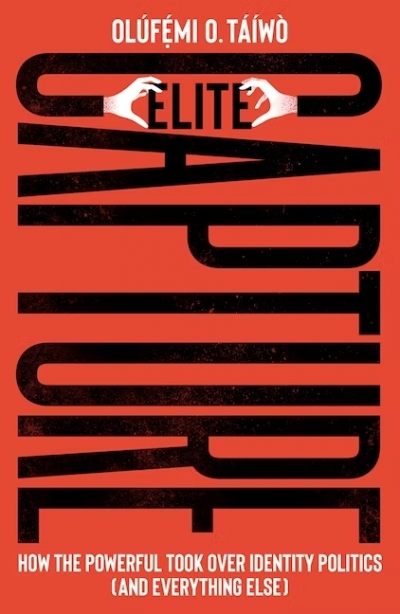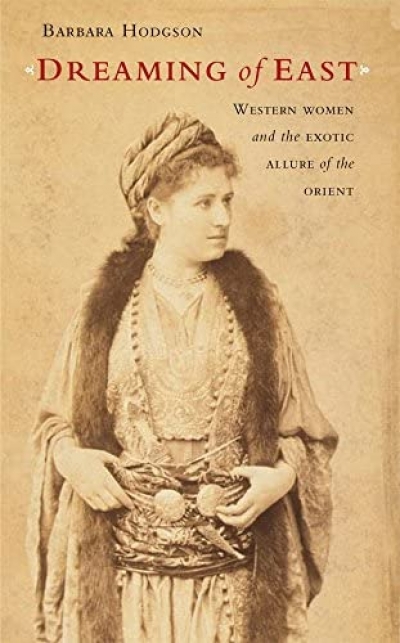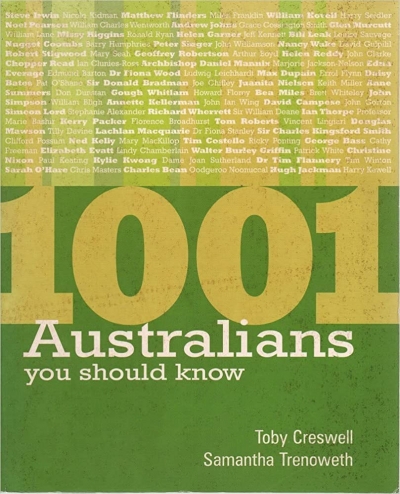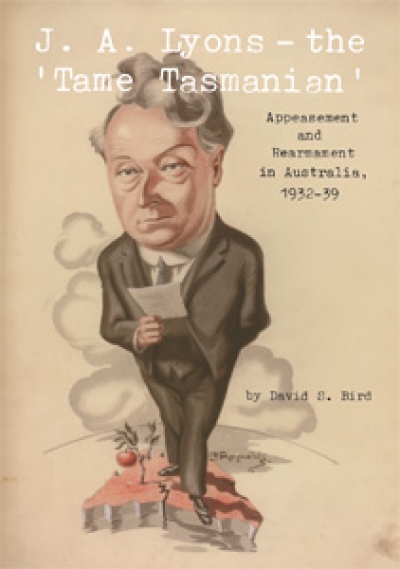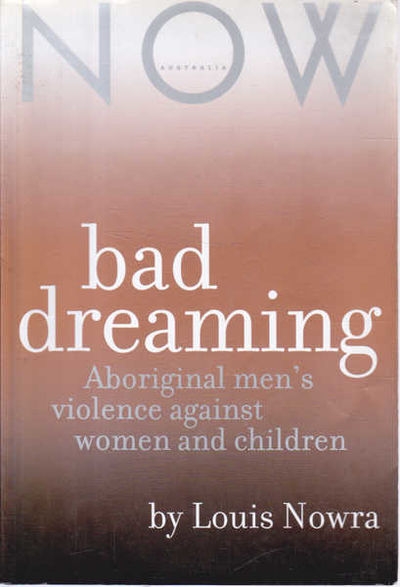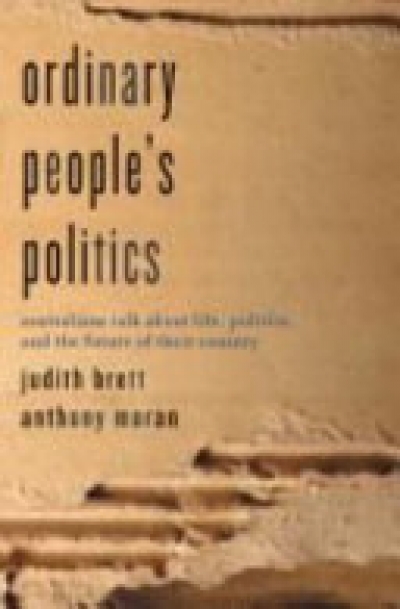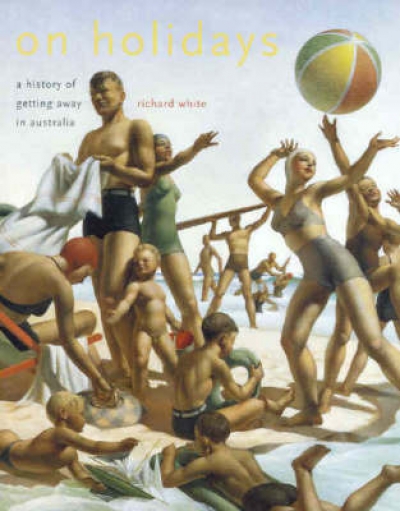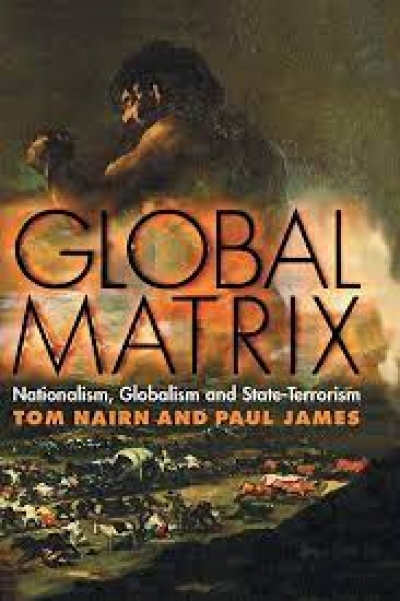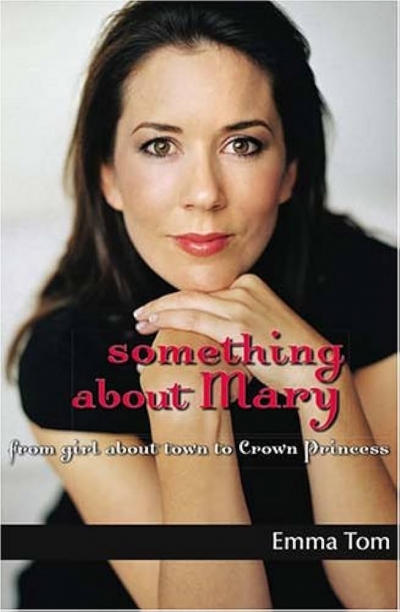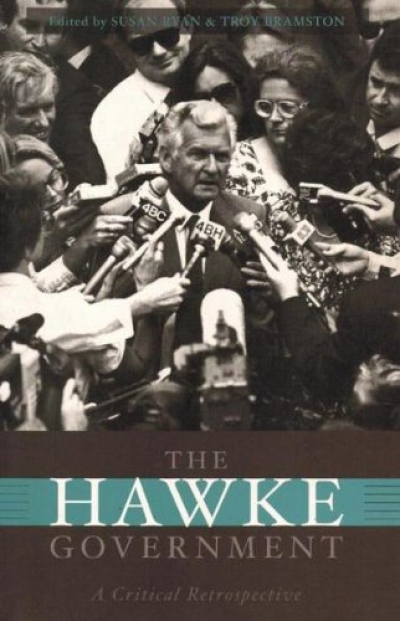Pluto Press
Elite Capture: How the powerful took over identity politics (and everything else) by Olúféṃi O. Táíwò
by Yassmin Abdel-Magied •
Dreaming of East by Barbara Hodgson & Women of the Gobi by Kate James
by Alison Broinowski •
1001 Australians You Should Know edited by Toby Creswell and Samantha Trenoweth
by John Carmody •
J.A. Lyons – The ‘Tame Tasmanian’ by David S. Bird & Enid Lyons by Anne Henderson
by Ann Moyal •
Bad Dreaming: Aboriginal men's violence against women and children by Louis Nowra
by John Hirst •
Ordinary People’s Politics: Australians talk about life, politics, and the future of their country by Judith Brett and Anthony Moran
by Mark Peel •
On Holidays by Richard White & The Cities Book by Lonely Planet
by Dennis Altman •
Global Matrix: Nationalism, globalism and state-terrorism by Tom Nairn and Paul James
by Roland Bleiker •
Something About Mary by Emma Tom & Mary, Crown Princess of Denmark by Karin Palshøj and Gitte Redder (translated by Zanne Jappe Mallett)
by Simon Caterson •
The Hawke Government: A critical retrospective edited by Susan Ryan and Troy Bramston
by James Walter •

